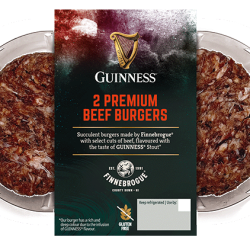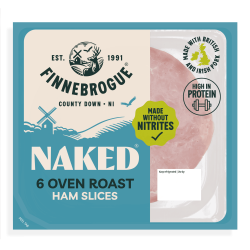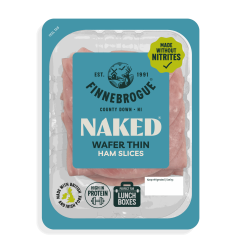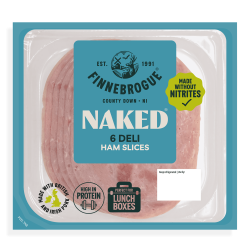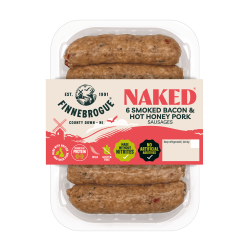Health-conscious Brits are falling out of love with bacon as the traditional breakfast favourite shows signs of losing its sizzle, with new figures showing a slump in sales.
New research suggests that sales of bacon in High Street supermarkets have suffered a meaty slump of £56.8 million in sales over the past year — a drop of more than £1 million every week.
The fall in popularity is being attributed to cancer concerns over links with consumption of processed meat as well as fewer deals being offered by supermarkets.
Trade magazine The Grocer said: “Brits are falling out of love with bacon, with health concerns and a slump in deals driving a £56.8 million drop in the value of supermarket sales over the past year.”
Data from analysts Kantar shows that total bacon sales fell by 4.7per cent to £1.2 billion with volumes down 2.7% despite a 2.1% fall in average price in the year to July.
Own-label bacon fared particularly badly with sales value down 6per cent to £1.07 billion and volumes down 3.8%.
The slump was driven in part by a series of scientific reports on the health risks of processed meats, according to Matt Southam, head of retail engagement at the Agriculture and Horticulture Development Board.
These included the 2015 study by WHO’s International Agency for Research on Cancer, which made a direct link between the consumption of processed meats and bowel cancer.
He said that sales were also hit by a drop in promotions across the meat category last year alongside “changes in breakfast habits and an increase in bacon consumption out of the home”.
But The Grocer said that branded bacon sales bucked the trend – rising 18.3% to £75.9 million. This was the result of “health-driven” innovation such as Finnebrogue’s Naked Bacon range, suggested Kantar analyst Shivam Hemnani.
Naked Bacon does not contain nitrates — which were identified by the WHO as potentially cancer-causing compounds.
However, The Grocer said that consumer perceptions could be set to change again after a new study published this week suggested the link between meat and cancer had been overstated.
Reducing meat intake brought few if any health benefits, according to a panel of researchers led by Dalhousie University and McMaster University in Canada.
Diets lower in processed and red meat had “little or no effect on the risk for major cardiometabolic outcomes and cancer mortality and incidence” they said.

